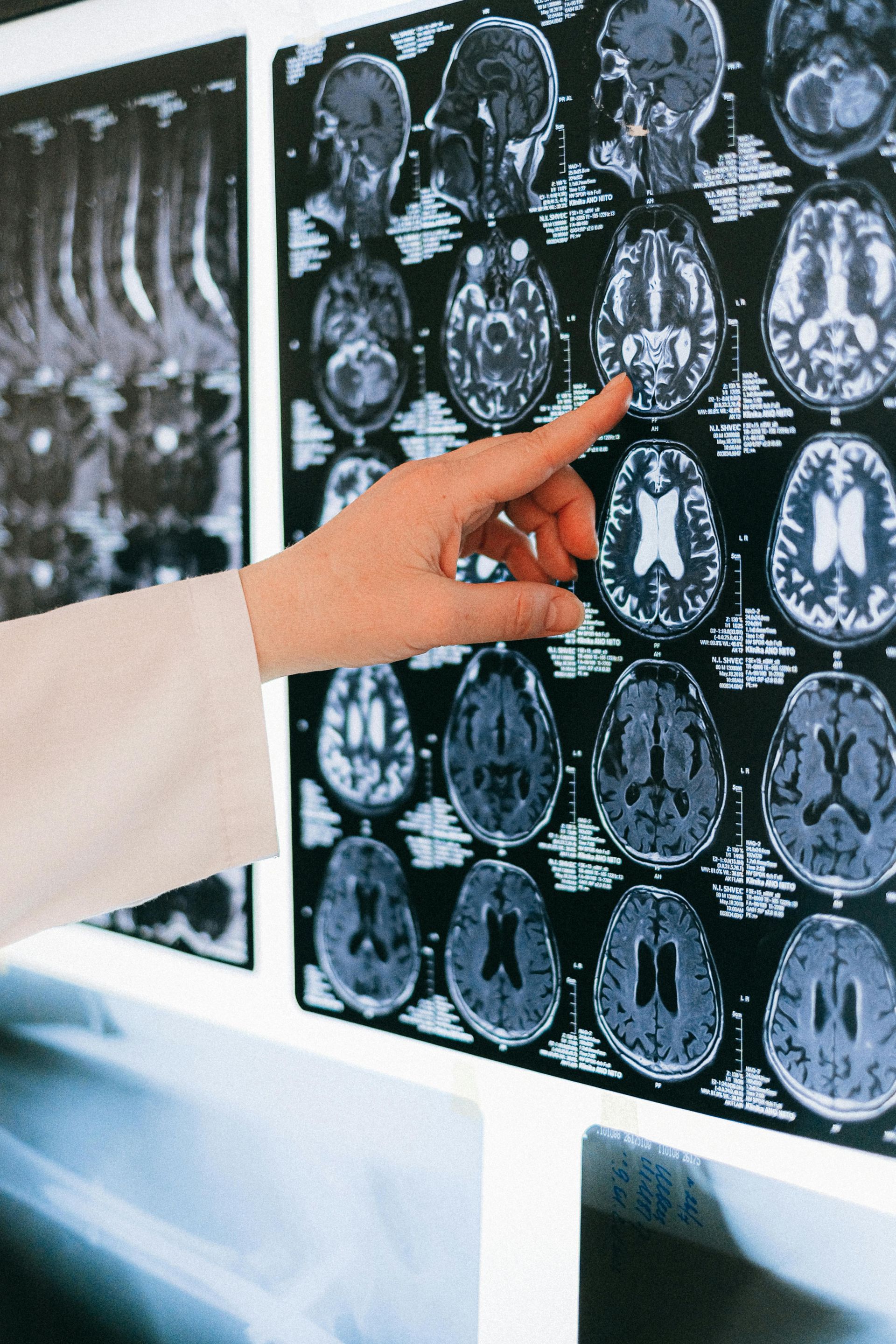Brain Inflammation
Brain Inflammation: Understanding Its Causes, Hormonal Effects, and How to Manage It
Brain inflammation, or neuroinflammation, is increasingly recognized as a key player in a wide range of neurological, psychiatric, and hormonal disorders. Whether caused by injury, infection, environmental toxins, or chronic stress, inflammation in the brain can disrupt normal communication, impair hormone signaling, and lead to widespread dysfunction.
What Is Brain Inflammation?
Neuroinflammation involves activation of the brain's immune cells—microglia and astrocytes—in response to perceived threats. While short-term inflammation helps repair injury, chronic inflammation becomes harmful, damaging neurons and impairing the blood-brain barrier (BBB).
Causes of Brain Inflammation
Traumatic brain injury (TBI)
Leaky blood-brain barrier (BBB permeability from infection, head trauma, or chronic stress)
Chronic stress or HPA axis dysfunction
Environmental toxins (mold, heavy metals, pesticides)
Gut-brain axis dysfunction (leaky gut, SIBO, LPS endotoxemia)
Poor diet (high sugar, omega-6 fats, nutrient deficiencies)
Neurodegenerative diseases (Alzheimer’s, Parkinson’s)
Genetic predisposition
How Brain Inflammation Affects Hormones
Impact on the Hypothalamus and Pituitary
Chronic inflammation can disrupt hypothalamic-pituitary signaling, leading to:
Suppression of GnRH (gonadotropin-releasing hormone)
Low or dysregulated FSH and LH (leading to infertility, low testosterone/estrogen)
Impaired TSH, ACTH, and GH signaling
Hormonal Imbalances From Neuroinflammation
Low testosterone, estrogen, and progesterone
Altered cortisol rhythms
Low thyroid function despite normal labs
Poor dopamine and serotonin synthesis
Neurotransmitters and Mood:
Dopamine, Serotonin & Anxiety
Inflammation suppresses dopamine production and receptor sensitivity
→ linked to low motivation, fatigue, and depression
Increases glutamate (excitotoxicity) and decreases GABA → anxiety, agitation
Cytokines (e.g., IL-6, TNF-α) impair serotonin pathways
May cause SSRI resistance in depression due to inflammatory interference
Genetic Factors That Contribute
Some genes increase vulnerability to brain inflammation and its hormonal consequences:
APOE4 – higher Alzheimer’s and neuroinflammation risk
MTHFR (C677T, A1298C) – impaired methylation and detox
COMT – affects dopamine clearance, stress response
IL-6, TNF-α variants – upregulate inflammatory cytokine production
NR3C1 – alters glucocorticoid receptor sensitivity
DAO, MAOA – histamine/amine metabolism and mood regulation
The Role of Pregnenolone and Progesterone
Emerging studies suggest both have neuroprotective and anti-inflammatory effects:
Pregnenolone:
Enhances myelin repair
Modulates GABA and NMDA receptors
Improves cognition and memory
Reduces microglial activation
Progesterone:
Shown to reduce brain swelling post-TBI
Promotes neurogenesis and remyelination
Modulates inflammation and oxidative stress
May support pituitary and hypothalamic health in both men and women
Diseases and Disorders Linked to Brain Inflammation
Alzheimer’s disease
Parkinson’s disease
Depression and anxiety
Bipolar disorder
PTSD and trauma disorders
ADHD
Autism spectrum disorder (ASD)
Chronic fatigue syndrome (ME/CFS)
Fibromyalgia
Hypothalamic amenorrhea / infertility
Hashimoto’s thyroiditis (via HPT axis suppression)
How to Manage Brain Inflammation
Identify and remove triggers: mold, infections, stress, poor sleep, high blood sugar
Heal the gut: reduce endotoxins, support tight junctions (e.g., glutamine, zinc carnosine)
Support methylation and detox: B12, methylfolate, NAC, magnesium
Balance neurotransmitters: adaptogens, amino acids, light therapy, mindfulness
Hormone replacement if needed: progesterone, pregnenolone, DHEA (under supervision)
Targeted supplements:
Omega-3s (DHA/EPA), Curcumin, Lion’s mane mushroom
Phosphatidylserine, Low-dose naltrexone (LDN)
Fun Fact & Final Thoughts
The brain has its own lymphatic system—called the glymphatic system—which activates during sleep to clear waste and inflammation. Sleep is literally brain detox time.
Brain inflammation is more than a neurological issue—it affects hormones, mood, fertility, and long-term cognitive health. Understanding its root causes and targeting inflammation through lifestyle, nutrition, and sometimes hormones or peptides can restore balance to both the brain and body.
If you're struggling with unexplained fatigue, mood changes, or hormonal dysfunction, consider looking at the brain—not just the body.
Lab tests and more

